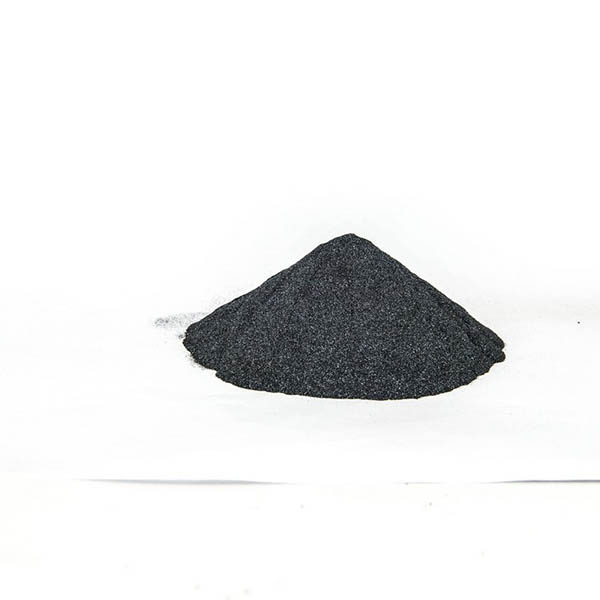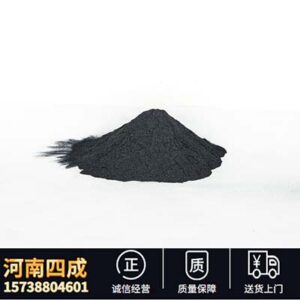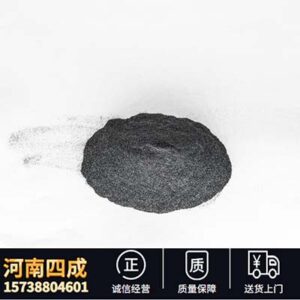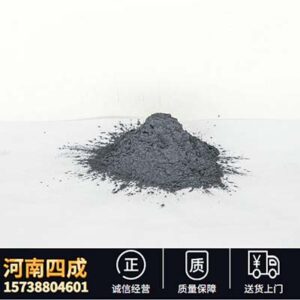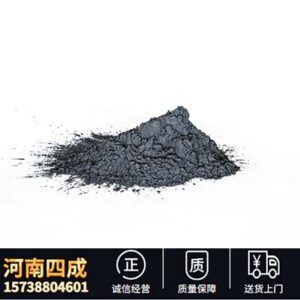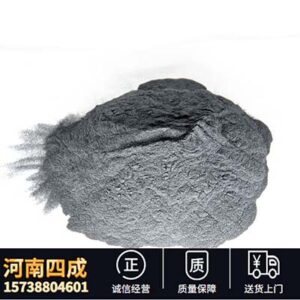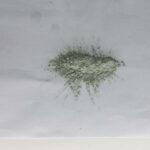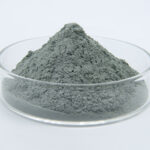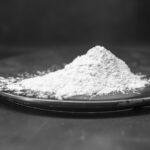- Abrasives–Mainly because silicon carbide has high hardness, chemical stability and certain toughness, so silicon carbide can be used in the manufacture of consolidation abrasives, coated abrasives and free grinding, so as to process glass, ceramics, stone, cast iron and some non-ferrous metals, cemented carbide, titanium alloys, high-speed steel tools and grinding wheels.
2, refractory materials and corrosion-resistant materials—Mainly because silicon carbide has a high melting point (decomposition degree), chemical inertness and thermal vibration resistance, silicon carbide can be used in abrasives, ceramic products firing kiln with shed plate and box, zinc smelting industry vertical cylinder distillation furnace with silicon carbide bricks, aluminum electrolytic cell lining, crucibles, small furnace materials and other silicon carbide ceramic products.
3, chemical use–Because silicon carbide can decompose in molten steel and react with hot steel to separate oxygen and metal oxides to form carbon monoxide and silicon-containing slag. Therefore, it can be used as a smelting steel purifier, that is, as a steelmaking deoxidizer and cast iron structure improver. This generally uses low-purity silicon carbide to reduce costs. At the same time, it can also be used as a raw material for the manufacture of silicon tetrachloride.
4, electrician use–Used as heating elements, nonlinear resistance elements and high semiconductor materials. Heating elements such as silicon-carbon rods (suitable for1100~1500℃Work all kinds of electric furnaces), nonlinear resistance elements, various lightning protection valve plates.
5, other formulated into far-infrared radiation coating or made of silicon carbide silicon board with far-infrared radiation dryer.
